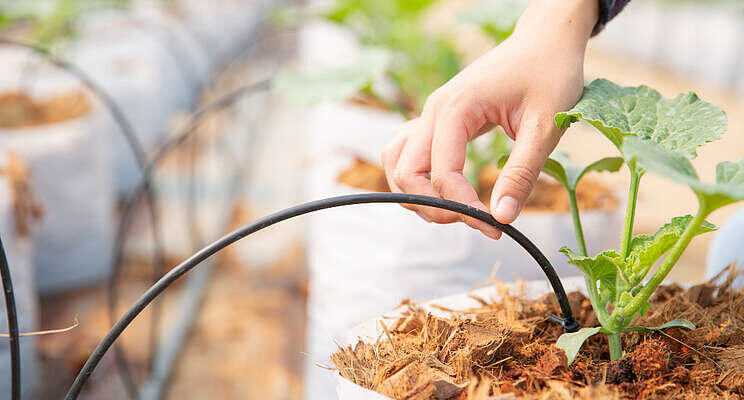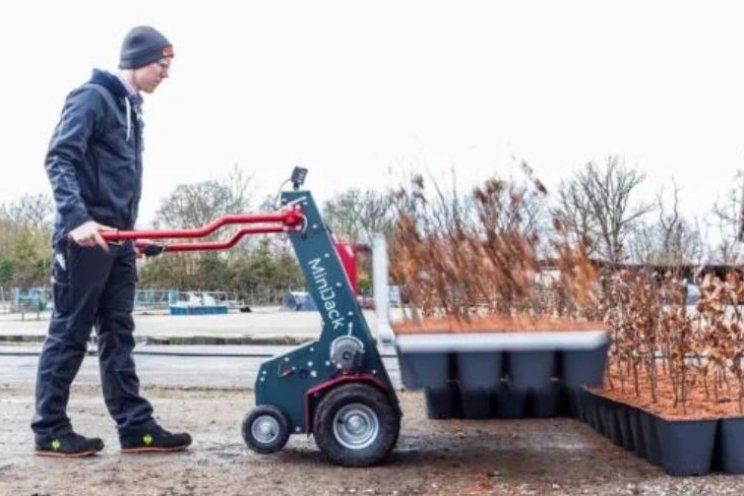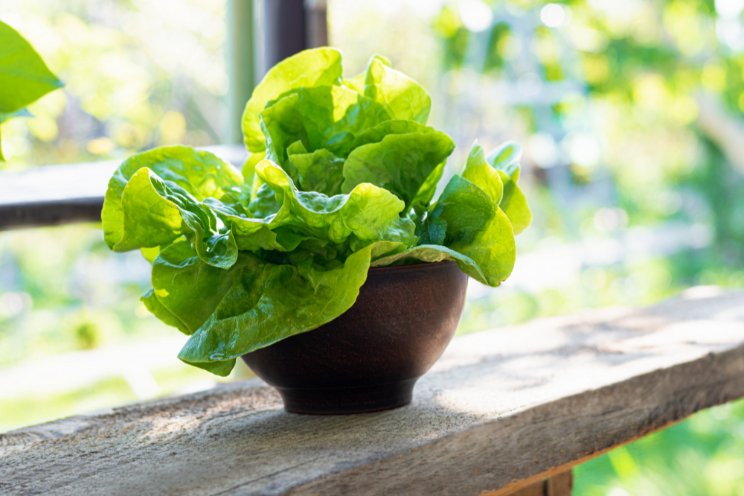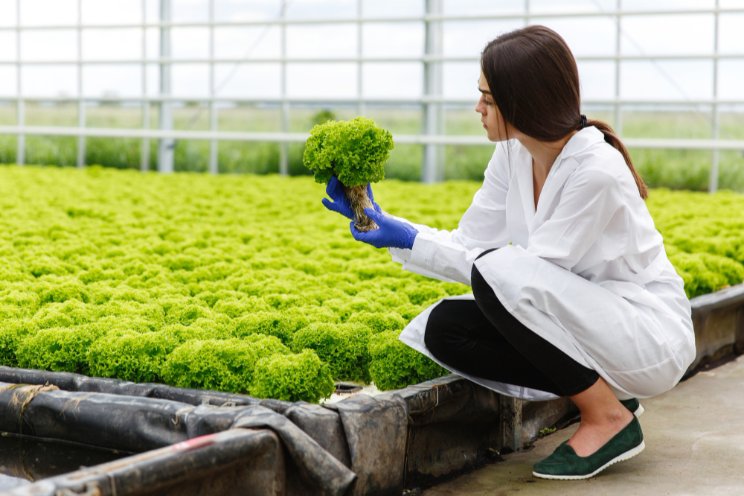Differently-abled farmers integrate digital technology
Added on 08 July 2022

'Farm Samart Khon Samart' consists of a large open greenhouse that sits at the back of the land. In a small grass field at the front stand six raised beds of bok choy and coriander. To one side are the office building and workshop.
Inside the greenhouse, three rows of elevated beds are filled with seedlings of a variety of salad vegetables, still too small to recognize. The soil is covered with rice straw to protect the young plants.
One of the first steps after partnering with DEPA was to install a digital watering system using a mobile phone application. Automated water sprinklers were hooked up along with mist sprayers. Temperature-controlled, the system delivers four minutes of mist watering five times a day
Ten years ago, Khoen Sapanyabut founded the association to spotlight the rights to education and employment of differently-abled people. The land, donated by the temple, sits almost two kilometres from the main highway. One side of the tree-lined road is flanked by a canal that is dotted with poor community homes and shops. The other side alternates from factories to empty land, to a school.
The land secured, Khoen, who uses a wheelchair, was musing over what activity the members should focus on. He chose vegetable-growing. "Handicapped people have different skills. Some are good at computer or fixing devices. But growing vegetables is an activity that everyone can do, even without proper education," he says.
The association first adopted hydroponic farming and grew vegetables like lettuce, water spinach and bok choy. Although these veggies are easy to grow and sell, they are cheap and not profitable.
Also, due to limited space, production couldn't keep up with demand. The full cost of hydroponics, including the electricity, water system and chemical fertilizer, also exceeded profits.
The shift to soil-based agriculture happened when the association partnered with Bangkok University three years ago and started to receive annual funding and support, including the greenhouse.
Photo created by jcomp - www.freepik.com
Source: HortiBiz
More news















